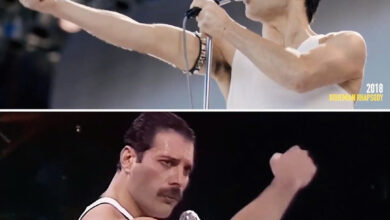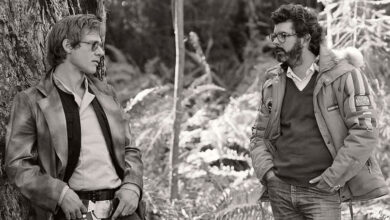Prince: The Musical Genius Who Became a Relentless Advocate for Change
OPINION: This article may contain commentary which reflects the author's opinion.
When you think of Prince, it’s easy to be swept up by his musical genius — the iconic guitar solos, electrifying stage presence, and unforgettable hits like “Purple Rain” and “When Doves Cry.” But beyond the music, there was a deeper side to Prince that often flew under the radar: his fierce advocacy for social change.
Using His Platform for Good
From the very beginning of his career, Prince wasn’t just concerned with fame or wealth. He recognized the immense power that came with his platform and made it his mission to use that influence to bring about meaningful change. Whether through his music, interviews, or behind-the-scenes efforts, Prince was a relentless force pushing for a better world.
He championed issues that resonated deeply with him, particularly racial and social justice. Prince saw firsthand the inequality and systemic challenges that marginalized communities faced, and he wasn’t afraid to call it out — even if it made others uncomfortable.
A Voice for the Voiceless
In an era where many artists remained silent about political issues, Prince stood out. His song “Baltimore” was a response to the 2015 protests following the death of Freddie Gray, a Black man who died in police custody. The song wasn’t just a reflection of the times, but a rallying cry for peace, justice, and unity. It reminded listeners that Prince’s artistry wasn’t confined to love songs and ballads — it was a powerful tool for activism.
Beyond the music, Prince quietly funded projects aimed at uplifting underserved communities. He supported Black Lives Matter and worked closely with civil rights leaders, such as Rev. Al Sharpton and Harry Belafonte. But perhaps one of his most significant contributions was his commitment to education. Prince believed that true change started with empowering young people, and he poured resources into programs that provided them with opportunities to succeed.
A Rebel With a Cause
Prince wasn’t just a passive supporter of change; he was a rebel with a cause. He famously fought for artists’ rights in the music industry, setting a precedent for future generations. His battle with Warner Bros. over the control of his music catalog was more than just a contractual dispute — it was a fight for creative freedom, and it highlighted the exploitation that many artists face. In the end, Prince won the rights to his music, paving the way for other artists to have more control over their own work.
But Prince’s activism didn’t stop with the music industry. He was a staunch advocate for environmental issues, promoting sustainability and renewable energy long before it became a popular cause. He often spoke about the importance of protecting the planet for future generations, and he was known to support eco-friendly projects, particularly those in disadvantaged communities.
Prince’s Legacy of Change
Prince’s legacy isn’t just about the music, the awards, or the unforgettable performances. It’s about how he used his platform to challenge the status quo and inspire change. He believed that his purpose extended far beyond entertainment — it was about making a tangible difference in the world.
Even after his untimely death in 2016, Prince’s influence continues to be felt. His philanthropic efforts, many of which were kept private during his lifetime, have since come to light. From funding community initiatives to supporting activist movements, Prince left behind a blueprint for using fame for good.
Final Thoughts
Prince wasn’t just a musical genius; he was a relentless advocate for change. Through his art, activism, and philanthropy, he made the world a better place. His legacy serves as a reminder that true greatness isn’t just about what you create, but about how you use your influence to uplift others.
In a world that often prioritizes individual success, Prince showed us what it means to be a champion for collective progress. And in doing so, he proved that the artist — and the human being — is always greater than the art.



